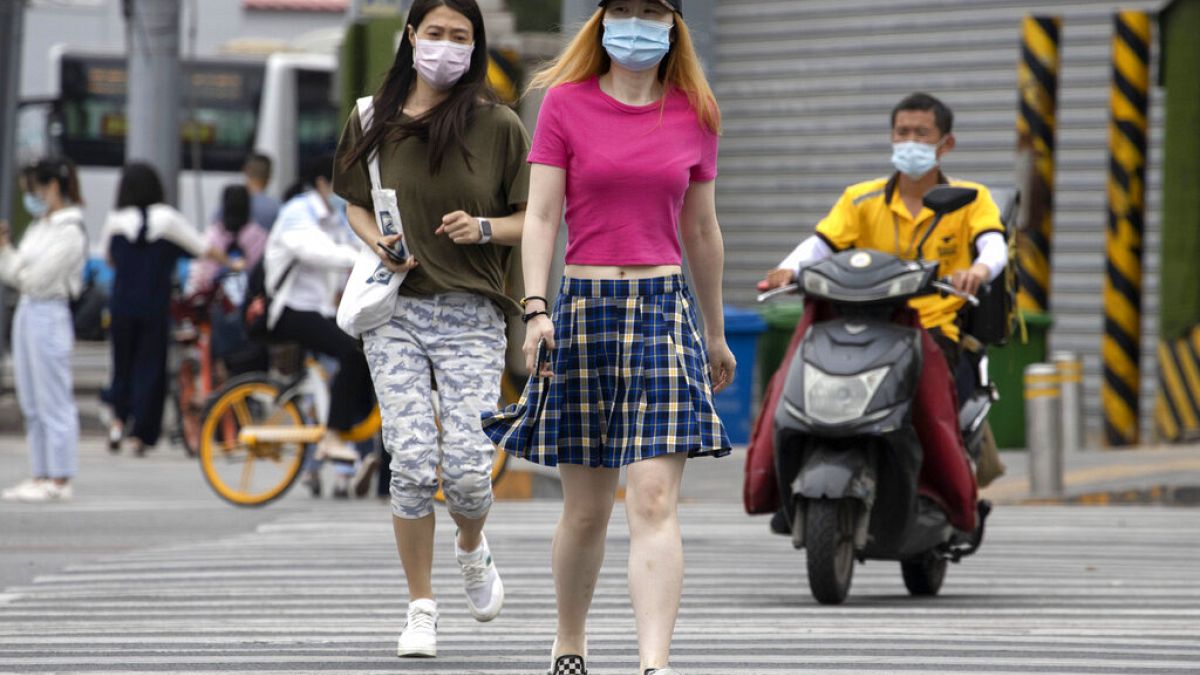A spike in cases near Beijing's biggest fruit and vegetable market has got the Chinese authorities spooked.
Although the coronavirus pandemic started in Wuhan, the global epicentre of the virus, the rest of China has been spared the rapid infection rate seen in the city and its surrounding province, Hubei.
As of June 2020, China has reported 83,265 cases of coronavirus, and 68,135 have been in Hubei, the central Chinese province of which Wuhan, a city of 11 million, is the capital. Of China’s total 4,634 reported deaths, 4,512 were in Hubei. Beijing, China’s capital, by contrast, has seen just 8 deaths.
But on Wednesday, China cancelled hundreds of flights to and from its capital as fears rise of a new outbreak. A top Communist Party official, Cai Qi, said that the virus prevention and control situation in Beijing was “extremely grave” and that a new surge in cases “truly rang alarm bells”.
It comes after Beijing, which had for weeks recorded no new cases of the virus, saw 137 new infections in just a few days. Most of the new cases have been linked to a wholesale food market, Xinfandi, which provides more than 90% of the city’s fruit and vegetables but also sells seafood and meat.
New outbreak
Experts believe that the original outbreak began at another Chinese market, Huanan Seafood Wholesale Market, although the Chinese authorities have disputed this.
China locked down Hubei province on January 23, days before the country’s celebrated Chinese new year, when millions of Chinese traditionally travel from the cities to their home towns and cities to be with their families. The measure was then seen as draconian, although lockdowns later spread across the world, with a fifth of the population confined to their homes.
Despite the measure, both the U.S. and Australia criticised the Chinese government for the slowness of the response, pointing out that while Chinese recorded its first case in December 2019, it’s lockdown did not begin until three weeks later. The World Health Organization did not announce that the coronavirus was a global pandemic until January 30.
